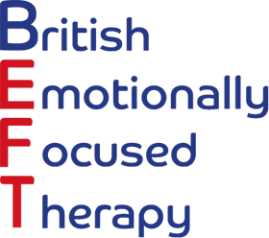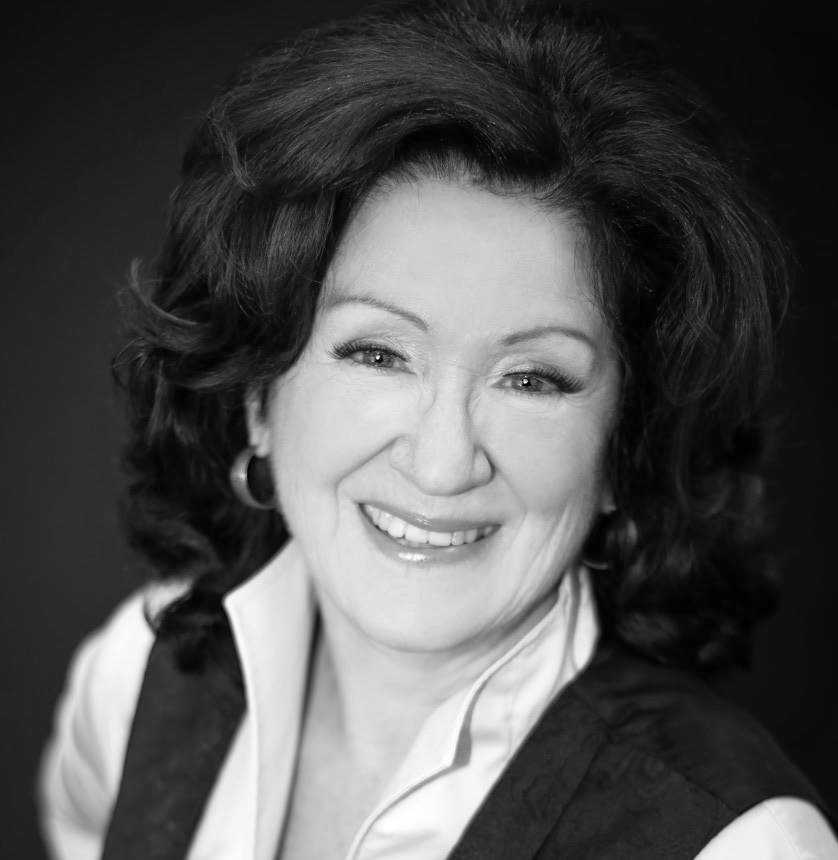
In order to appear in the British Emotionally Focused Therapy Centre (BEFT) directory, therapists must be members of the International Centre for Excellence in Emotionally Focused Therapy (ICEEFT).




Welcome to the British Emotionally Focused Therapy Centre – BEFT. We support secure, resilient and successful couple and family relationships by enabling and promoting access to Emotionally Focused Therapy – EFT in Britain.
“Romantic love is not the least bit illogical or random. It is the continuation of an ordered and wise recipe for survival. We now have a map that can guide us in creating, healing and sustaining love. This is a consummate breakthrough.”
– Dr. Sue Johnson
EFT, as developed by Dr Sue Johnson, is a collaborative, structured, usually short-term therapy approach to working with couples, families and individuals that fosters the creation of secure relationship bonds.
EFT is a change process that facilitates movement from distress to recovery by transforming negative cycles of interaction into safe emotional connection between intimate partners and family members.
Based on the science of emotions and attachment theory as well as humanistic and systemic theories, EFT has a high success rate in achieving secure, resilient relationships in couples and within families, and in helping individuals to flexibly manage their emotional experience.

It is with great sadness that BEFT marks the passing of Dr. Sue Johnson, developer of Emotionally Focused Therapy. Our thoughts are with her family, friends, colleagues, and students at this time.
EFCT is a short term (8 to 20 sessions) structured approach, originally developed for couple therapy and based on attachment science, formulated in the 1980’s. Interventions in EFCT integrate a humanistic, experiential approach to restructuring emotional experience and a systemic structural approach to restructuring interactions. A substantial body of research now exists on the effectiveness of EFCT. This research shows large treatment effect sizes and stable results over time. EFCT is used successfully with many different kinds of couples in private practice, university training centers and hospital clinics. Research exists for couples dealing with depression, with anxiety resulting from trauma, with medical illness and with forgiveness dilemmas. EFCT is used with varied cultural groups and educational levels across North and South America, Australia, New Zealand, Europe, Africa and Asia. It is used with traditional and non-traditional couples, including same-sex couples.
EFIT is an attachment science-based approach to individual therapy that, like the other EFT interventions, EFCT for couples and EFFT for families, offers ways to reshape and make sense of inner experience and relational interventions focused on reshaping patterns of engagement with significant others and the individual as a younger self. Emotion is given precedence across treatment modalities given its powerful role in structuring both inner experience and motivation and key interactional patterns in relationships. Emotion links and organizes core experience and interaction.
Sue Johnson has written a great overview of EFIT for therapists and is available here.
A summary of Sue Johnson’s interview with Psychology Today about her newest book, A Primer for Emotionally Focused Individual Therapy (EFIT) – Cultivating Fitness and Growth in Every Client, can be found here.
EFFT follows the principles and practices of Emotionally Focused Therapy to restore connection and promote resilience in family relationships. The principle goal of EFFT is to re-establish more secure family patterns where attachment and caregiving responses are effective and emotional bonds are repaired. These resources inform a network of security that provides the flexibility and closeness necessary for families to promote individual growth and meaningful relationships across generations.
The EFFT Approach
The EFT process of change in EFFT focuses on stabilizing a family’s negative interaction pattern, restructuring parent and child interactions, and consolidating the felt security gained through these new patterns of connection. Following principles of attachment science, the EFFT therapist guides the family to new patterns of parental availability, responsiveness and coherent attachment communications as they face developmental change and life challenges. In EFFT, the focus is on addressing blocks in parental caregiving responses and understanding the child or adolescent’s behavior in terms of attachment needs or fears. These blocks result from constrained, stuck responses to misattunement and injuries in family relationships. The EFFT therapist tracks the generational influences impacting these blocks and works through rigid patterns that disrupt attachment communication between parents, siblings and between parent and child. Work with parents focuses on the building of a coherent parenting team. The process of EFFT often moves quickly as family members become more responsive, accessible, and engaged with previously unacknowledged attachment-related emotions and needs.
Sue Johnson and many others have written a weath of valuable information on Emotionally Focused Therapy, and newer works are always in development. For a list of excellent EFT books available now, follow this link.
Explore the website for a wealth of information relevant to you, whether you are a couple looking for
relationship support, a therapist interested in EFT or a member of the British EFT Centre.
The BEFT directory is a list of members who are therapists with different levels of experience and training in EFT. It is not a recommendation of any or all individuals on the directory but is intended to provide potential clients, aged 18 and over, with basic information about therapists that they can then follow up.
To be listed in the British Emotionally Focused Therapy Centre (BEFT) directory, therapists must be members of the International Centre for Excellence in Emotionally Focused Therapy (ICEEFT), which requires, at minimum, counselling/psychotherapy training and completion of an Externship in Emotionally Focused Therapy.
BEFT cannot and does not provide any warranties related to the information contained in or resulting services from any of the therapists listed in the BEFT therapist directory.